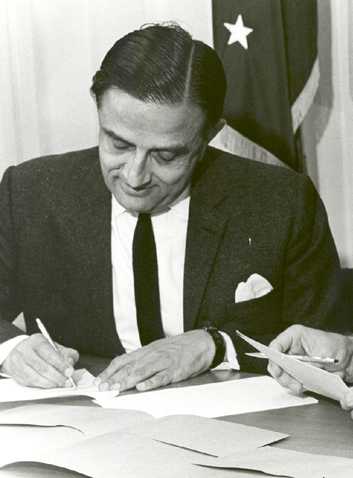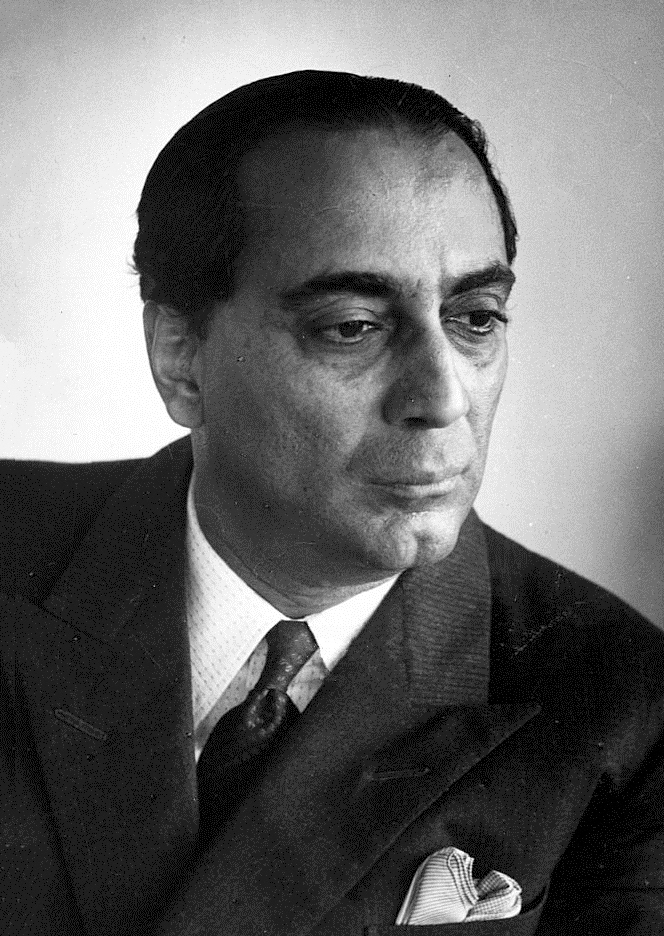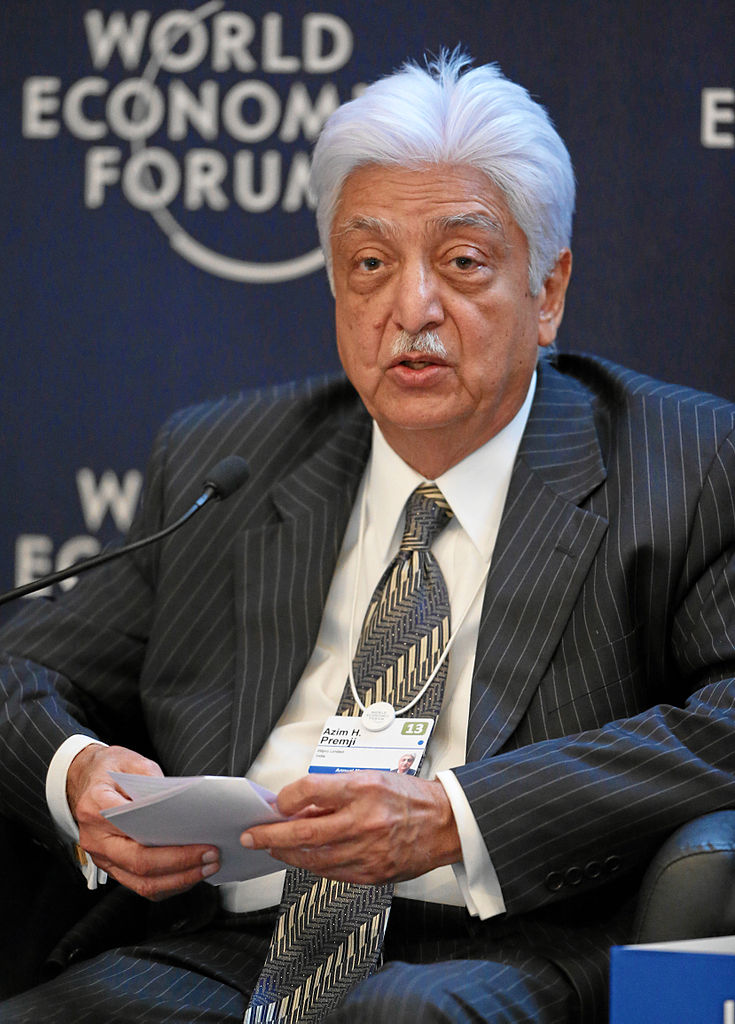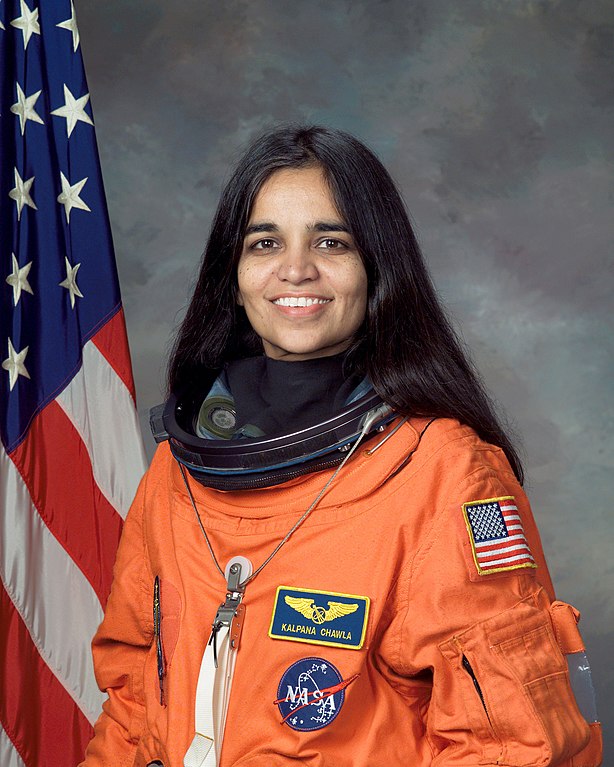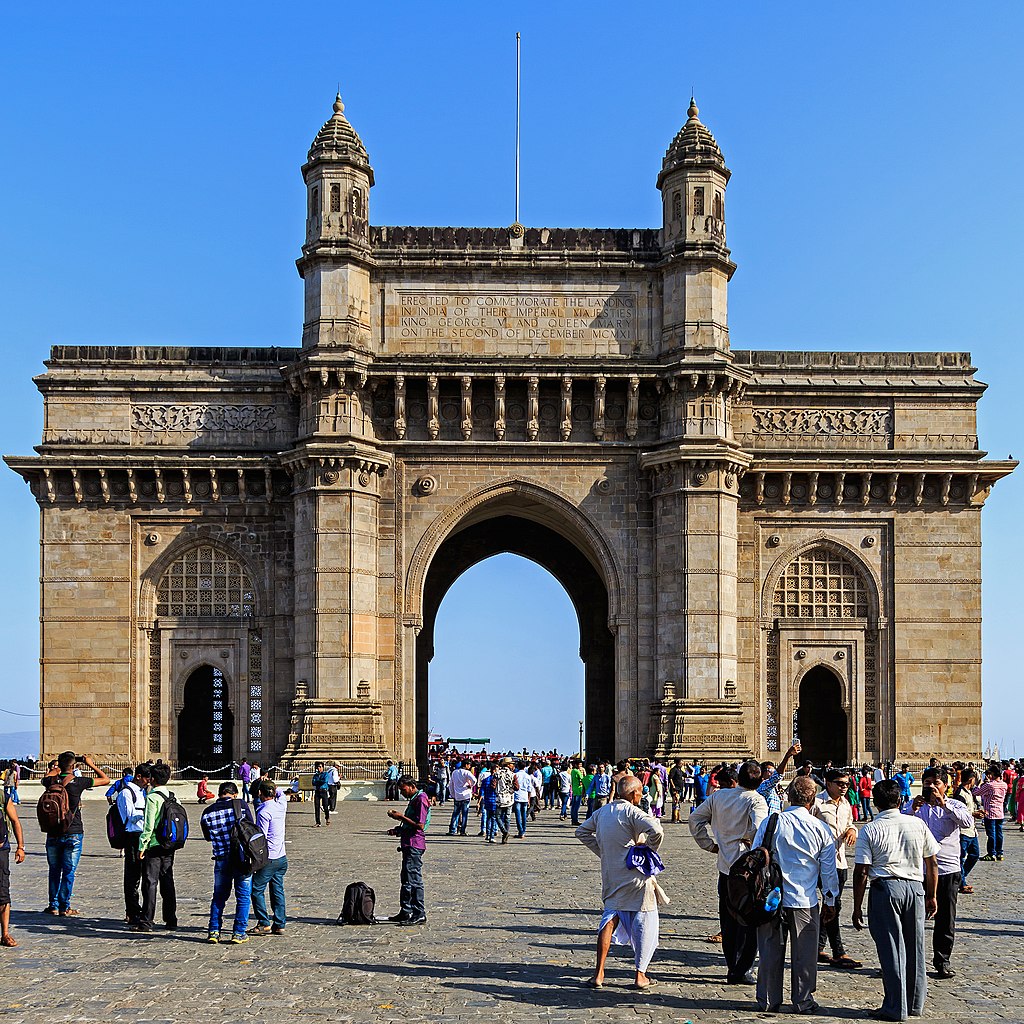Vikram Sarabhai Quiz Questions
1. In which city was Vikram Sarabhai born?
(a) Mumbai
(b) Ahmedabad
(c) Chennai
(d) Kolkata
2. What field of science is Vikram Sarabhai most known for pioneering in India?
(a) Medicine
(b) Space Research
(c) Agriculture
(d) Information Technology
3. What was the name of the first scientific paper Dr. Vikram Sarabhai published?
(a) “Time Distribution of Cosmic Rays”
(b) “The Importance of Industrial Development”
(c) “A Study of Indian Textiles”
(d) “The Future of Education in India”
4. Vikram Sarabhai is often referred to as the “Father of the Indian Space Program.” Which organization did he play a key role in establishing?
(a) Bhabha Atomic Research Centre (BARC)
(b) Indian National Science Academy (INSA)
(c) Indian National Committee for Space Research (INCOSPAR)
(d) Defence Research and Development Organisation (DRDO)
5. What year was the Indian National Committee for Space Research (INCOSPAR) established?
(a) 1957
(b) 1962
(c) 1967
(d) 1972
6. Vikram Sarabhai was not only a scientist but also a successful industrialist. Which industry was his family business involved in?
(a) Steel
(b) Pharmaceuticals
(c) Textiles
(d) Telecommunications
7. What was the name of the physical research institute founded by Vikram Sarabhai in Ahmedabad?
(a) Indian Institute of Science (IISc)
(b) Physical Research Laboratory (PRL)
(c) Indian Institute of Technology Bombay (IITB)
(d) National Physical Laboratory (NPL)
8. Vikram Sarabhai was awarded the Padma Bhushan in recognition of his exceptional contributions. In what year did he receive this prestigious award?
(a) 1954
(b) 1961
(c) 1966
(d) 1972
9. Vikram Sarabhai passed away in the year:
(a) 1966
(b) 1971
(c) 1975
(d) 1980
10. Vikram Sarabhai was married to Mrinalini Sarabhai, a renowned:
(a) Doctor
(b) Classical Dancer
(c) Lawyer
(d) Politician
11. Vikram Sarabhai believed that space research could have practical applications. What is an example of such an application?
(a) Developing new weapons
(b) Improving weather forecasting
(c) Creating luxury space travel
(d) Building underwater cities
12. Vikram Sarabhai was a strong advocate for:
(a) Increased military spending
(b) International scientific collaboration
(c) National isolation
(d) Focus on religious studies
13. What is the name of the equatorial rocket launching station established by INCOSPAR?
(a) Sriharikota
(b) Thumba
(c) SHAR (Satish Dhawan Space Centre)
(d) ICAR (Indian Council of Agricultural Research)
14. Vikram Sarabhai received recognition for his contributions to science. Which of the following awards did he receive?
(a) Bharat Ratna
(b) Shanti Swarup Bhatnagar Prize
(c) Nobel Prize
(d) Ramanujan Award
15. Vikram Sarabhai was a strong advocate for peaceful uses of outer space. Which international treaty did India sign under his leadership to promote this principle?
(a) Nuclear Non-Proliferation Treaty (NPT)
(b) Outer Space Treaty
(c) Montreal Protocol
(d) Kyoto Protocol
16.The Vikram Sarabhai Space Centre (VSSC) is a major space research facility in India. In which state is it located?
(a) Gujarat
(b) Kerala
(c) Karnataka
(d) Tamil Nadu
17. Vikram Sarabhai believed that science and technology were crucial for India’s development. What was the name of the community science movement he helped establish?
(a) Indian Council of Agricultural Research (ICAR)
(b) Indian Science Congress Association (ISCA)
(c) Vigyan Manch
(d) Council of Scientific and Industrial Research (CSIR)
18. In which year was the Indian Space Research Organisation (ISRO) founded?
(a) 1962
(b) 1969
(c) 1972
(d) 1975
19. In which year was Vikram Sarabhai born?
(a) 1919
(b) 1920
(c) 1921
(d) 1922
20. What was Vikram Sarabhai’s primary field of study?
(a) Chemistry
(b) Biology
(c) Physics
(d) Mathematics
Vikram Sarabhai Quiz Questions with Answers
1. In which city was Vikram Sarabhai born?
(b) Ahmedabad
2. What field of science is Vikram Sarabhai most known for pioneering in India?
(b) Space Research
3. What was the name of the first scientific paper Dr. Vikram Sarabhai published?
(a) “Time Distribution of Cosmic Rays”
4. Vikram Sarabhai is often referred to as the “Father of the Indian Space Program.” Which organization did he play a key role in establishing?
(c) Indian National Committee for Space Research (INCOSPAR)
5. What year was the Indian National Committee for Space Research (INCOSPAR) established?
(b) 1962
6. Vikram Sarabhai was not only a scientist but also a successful industrialist. Which industry was his family business involved in?
(c) Textiles
7. What was the name of the physical research institute founded by Vikram Sarabhai in Ahmedabad?
(b) Physical Research Laboratory (PRL)
8. Vikram Sarabhai was awarded the Padma Bhushan in recognition of his exceptional contributions. In what year did he receive this prestigious award?
(b) 1961
9. Vikram Sarabhai passed away in the year:
(b) 1971
10. Vikram Sarabhai was married to Mrinalini Sarabhai, a renowned:
(b) Classical Dancer
11. Vikram Sarabhai believed that space research could have practical applications. What is an example of such an application?
(b) Improving weather forecasting
12. Vikram Sarabhai was a strong advocate for:
(b) International scientific collaboration
13. What is the name of the equatorial rocket launching station established by INCOSPAR?
(b) Thumba
14. Vikram Sarabhai received recognition for his contributions to science. Which of the following awards did he receive?
(b) Shanti Swarup Bhatnagar Prize
15. Vikram Sarabhai was a strong advocate for peaceful uses of outer space. Which international treaty did India sign under his leadership to promote this principle?
(b) Outer Space Treaty
16.The Vikram Sarabhai Space Centre (VSSC) is a major space research facility in India. In which state is it located?
(b) Kerala
17. Vikram Sarabhai believed that science and technology were crucial for India’s development. What was the name of the community science movement he helped establish?
(c) Vigyan Manch
18. In which year was the Indian Space Research Organisation (ISRO) founded?
(b) 1969
19. In which year was Vikram Sarabhai born?
(a) 1919
20. What was Vikram Sarabhai’s primary field of study?
(c) Physics




